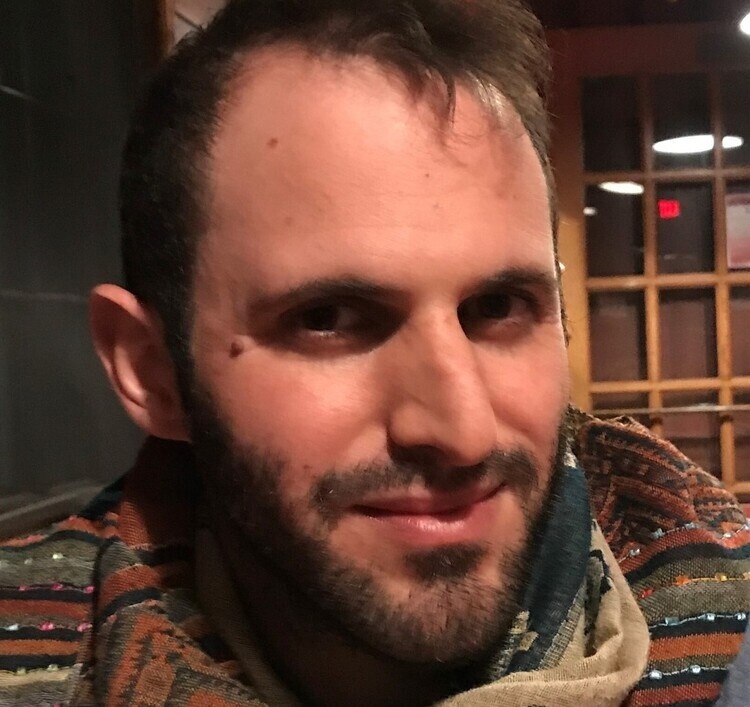
- G-01 Stimson Hall
The Lower Tapajós River is a multiethnic territory located in the heart of the Brazilian Amazon Forest, in the Pará state. This region is the dwelling place of 13 indigenous peoples, hundreds of traditional riverside communities, and dozens of quilombos (formerly enslaved communities with a background of anti-racist struggle). One of the main perils they are now facing is the expansion of both soy monoculture plantations and the infrastructure the exportation of the grains demands. In this presentation, I want to approach the process of creating a soy monoculture landscape over the place where a multispecies tropical forest existed, by following two traces left behind in this process: the remaining of forests and communities as a "farce" and the emergence of viruses (especially hantavirus). I will particularly focus on the role of pesticides in emptying communities and allowing more space for soy plantations to expand.
Fábio Zuker is an anthropologist and journalist. He is the author of The Life and Death of a Minke Whale in the Amazon (forthcoming May/22 with Milkweeds editions). He holds a master’s degree from Paris’s School for Advanced Studies in Social Sciences and is a PhD candidate in Social Anthropology at the University of São Paulo. As a journalist, he has been three times a Pulitzer Center grantee and has written articles for different media outlets, including Thomson Reuters Foundation and Mongabay.
